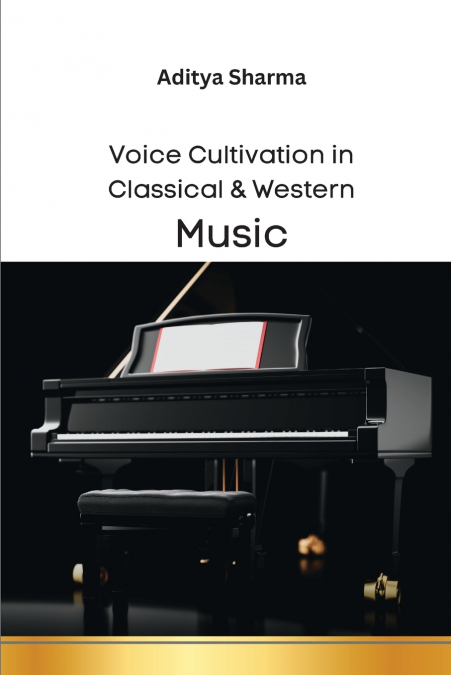
 Librería Perelló (Valencia)
Librería Perelló (Valencia)
 Librería Aciertas (Toledo)
Librería Aciertas (Toledo)
 El AlmaZen del Alquimista (Sevilla)
El AlmaZen del Alquimista (Sevilla)
 Librería Elías (Asturias)
Librería Elías (Asturias)
 Librería Kolima (Madrid)
Librería Kolima (Madrid)
 Donde los libros
Donde los libros
 Librería Proteo (Málaga)
Librería Proteo (Málaga)
This comparative study explores the practice of voice cultivation in classical and Western music. It examines the techniques, methodologies, and approaches used in both genres to develop vocal abilities and enhance musical performance. The study aims to uncover similarities, differences, and unique aspects of voice cultivation in classical and Western music, shedding light on the diverse approaches employed in these musical traditions. By examining the training methods and vocal techniques utilized in each genre, this study provides valuable insights into the development and refinement of the human voice across different musical styles.In this comprehensive comparative study, the focus is on voice cultivation within the contexts of classical and Western music. Through an in-depth analysis, the study delves into the intricate techniques, pedagogical methodologies, and artistic principles employed in these two distinct musical traditions. By examining vocal training practices, repertoire selection, performance styles, and stylistic nuances, the study aims to highlight the similarities, differences, and contrasting approaches to voice cultivation between classical and Western music. The research explores how vocalists in each genre develop their vocal range, control, expression, and interpretation, shedding light on the diverse facets of vocal artistry within these rich musical landscapes. Through this study, valuable insights are gained into the multifaceted nature of voice cultivation and its role in shaping the distinctive characteristics of classical and Western vocal performances.